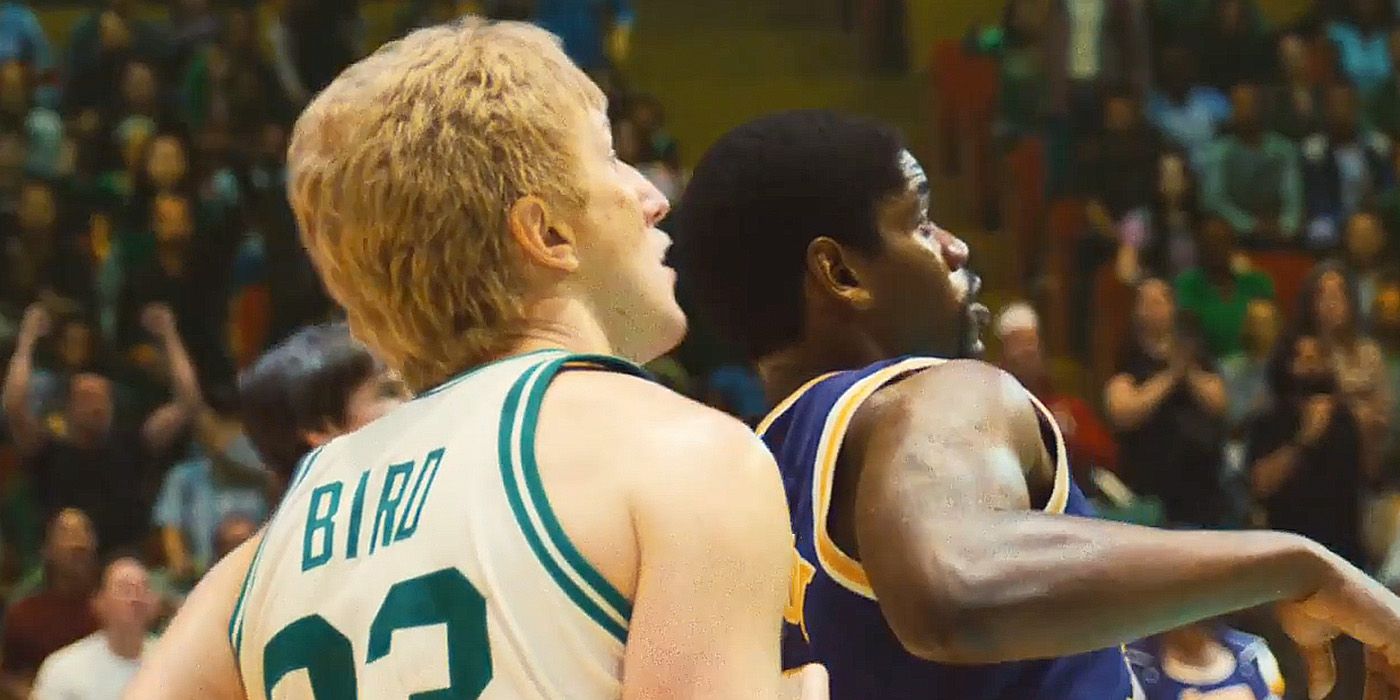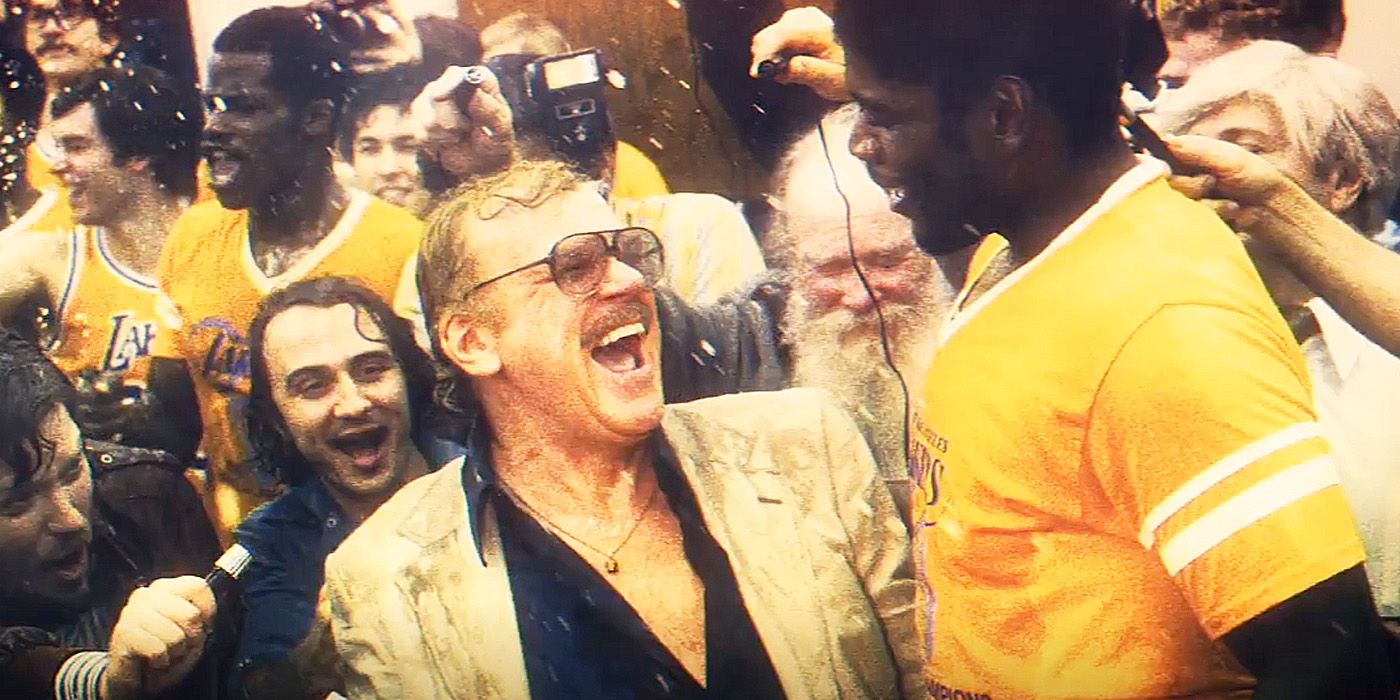The abrupt ending of HBO’s Winning Time: The Rise of the Lakers Dynasty is highly ironic considering how the series actually ended. Winning Time was expected to continue its dramatized retelling of the 1980s Showtime Lakers era after chronicling its earliest days between 1979 and 1984. After Jerry Buss took over the team in 1979, he was able to instill innovative brand and content strategies that essentially modernized the NBA as an entertainment platform, focused on the entire fan experience rather than simply the basketball alone. Buss’s success still relied on the quality of his Lakers team and he was equally invested in building his franchise around the talented Earvin “Magic” Johnson.
Winning Time season 2 end credits revealed what would certainly have been covered in future seasons of Winning Time that will no longer see the light of day, at least not from HBO. While Winning Time’s two seasons provide a fairly accurate and detailed account of the Lakers’ volatile start to establishing their 1980s dynasty under head coach Pat Riley, the show failed to truly capture the glory of the era in just seventeen episodes. As the full title of the now-canceled HBO series suggests, Winning Time was crafted to depict the true story of how the Lakers became one of the biggest dynasties in sports. While it touched on the Lakers’ rocky start, Winning Time bowed out before the dynasty ever got truly started.
Winning Time Ironically Ends With The Lakers Losing The NBA Finals

Winning Time ended just before the Lakers’ dominant NBA Finals winning streak began during the 1984-85 season. Riley led the Lakers to a 62-20 record to get their revenge on the Celtics by beating them in the 1985 NBA Finals in six games, which would have undoubtedly been covered in a formerly expected Winning Time season 3. Because of Winning Time’s cancellation, the series ends after one of the most crushing defeats in Lakers franchise history, a Game 7 loss at the Boston Garden in the 1984 NBA Finals. It’s clear that the creators of Winning Time set up season 2 to act as motivation for a powerful and redemptive season 3 comeback. Instead, Winning Time was forced to end on a losing note.
What Year Winning Time Really Should Have Ended (To Live Up To The Title)

To truly capture the full extent of the Lakers dynasty during the Showtime era, Winning Time likely would have portrayed up to their 1988 NBA Finals win. This could have been covered over Winning Time season 3, season 4, and even season 5, with each season chronicling the paths to the Lakers’ three NBA Titles in 1985, 1987, and 1988. Even if Winning Time had wrapped up after a season 3 finale in which the Lakers get revenge on the Celtics in the 1985 Finals, that would have been a much more applicable ending than the sudden end-credits sequence that ends season 2.
While 1988 would have been the best time to end Winning Time to live up to its name, the series could have extended further into 1989 and beyond. A fifth and final season could have covered the retirement of Kareem Abdul-Jabber in 1989, the resignation of head coach Pat Riley in 1990, and Magic Johnson’s medical crisis in 1991 that forced his early retirement. Winning Time could have also featured the rise of Michael Jordan and the budding rivalry between Riley and Chicago Bulls coach and eventual Lakers coach Phil Jackson. Winning Time season 5 could have ended with a passing of the torch from Magic to Jordan in the 1991 NBA Finals in which the Bulls defeated the Lakers in five games.




